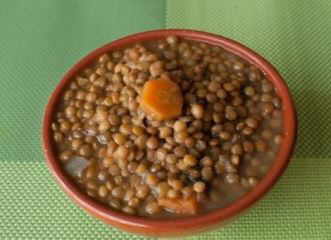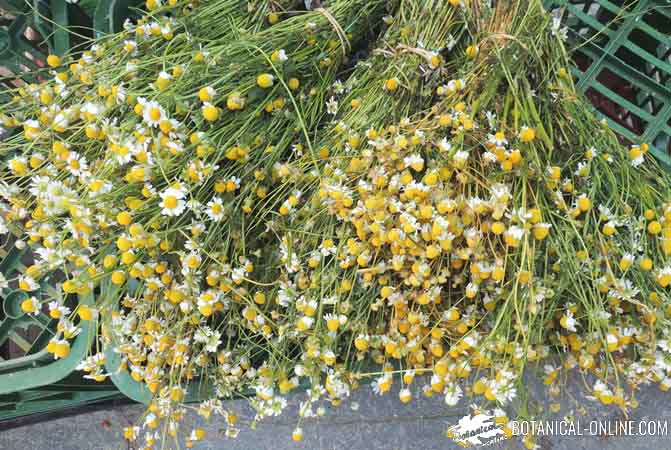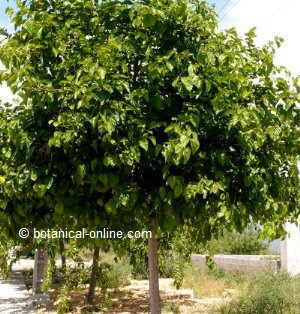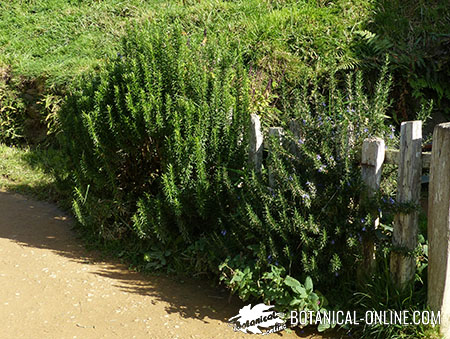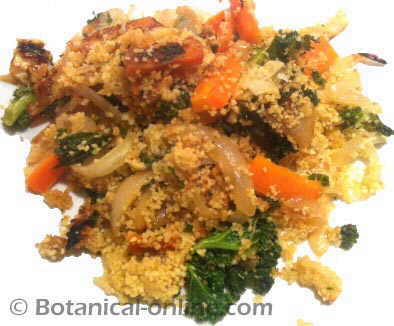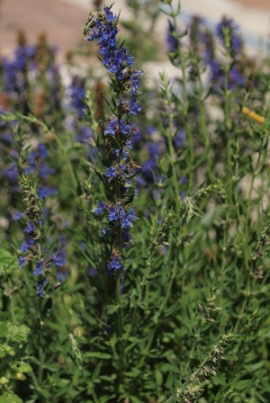Contents
Collagen diet
DIET TO IMPROVE COLLAGEN FORMATION
Diet to increase collagen
Collagen is the most abundant protein in the body. It is part of all body structures such as skin, bones, muscles, joints, ligaments, tendons, etc., along with elastin.
Normally, the body makes collagen from food proteins.
In addition to sufficient dietary protein, essential fatty acids, vitamins, minerals and antioxidants are necessary for the maintenance and collagen formation.
The ability to generate collagen decreases with age, so the following guidelines should be stricter in old age:
Food needed for the formation of collagen
Foods rich in protein at every meal of the day. Protein-rich foods provide the components necessary for the body to produce its own collagen when required. We must avoid poor protein foods such as yogurt, because it does not provide the necessary proteins.
Too abundant protein food is neither suitable because the body does not have amino acid reserve, so after 3 hours, the liver converts the remaining excess of protein into urea and removes it.
These recommendations are more rigid in older people or in old age, when enough protein must be provided at every meal to prevent bone loss and weak bones.
Protein foods for the formation of collagen
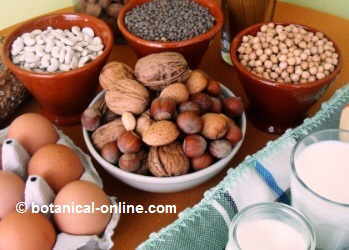 Legumes, nuts and seeds do not contain collagen, but they are an excellent source of protein, minerals and antioxidants that help produce it naturally in the body
Legumes, nuts and seeds do not contain collagen, but they are an excellent source of protein, minerals and antioxidants that help produce it naturally in the body
Animal origin food:
- Nonvegetarian diet: Pig’s trotters, fish soups and broths with meat (bone and long cooking), meat and fish.
- Eggs
- Dairy
Vegetable origin:
- Whole grains: quinoa, amaranth, buckwheat (high quality protein)
- Nuts and seeds: sunflower seeds, pumpkin seeds, almonds, etc. *
- Legumes: lentils, chickpeas, beans, etc. (Eat at least 3 times a week or daily food add in easy recipes like hummus) *
- Grains: oatmeal, brown rice, pasta, etc. *
* Plant proteins have to be combined with each other to obtain high-quality proteins protein (more information).
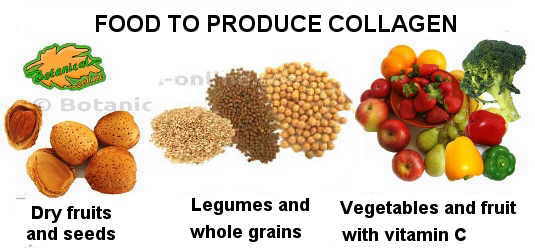
Summary of rich-protein and antioxidant foods (in a vegetarian diet) that provide nutrients for the formation and maintenance of collagen structures (bones, skin, joints, etc.).
Produced by © Botanical-online
Vitamin C helps form collagen
Vitamin C helps form collagen: For its antioxidant properties, vitamin C helps reduce the negative effects of free radicals on the cartilage of the joints and, at the same time, it encourages the production of collagen, the main protein in bone and cartilage. Vitamin C acts in the conversion of proline to hydroxyproline, one of the constituent amino acids of collagen.
We should take vitamin C rich foods at every meal of the day, since this vitamin is degraded and only stays in the blood for 5 hours.
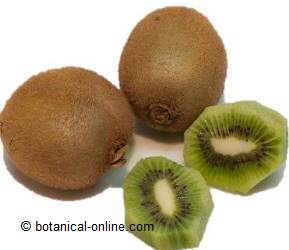 Kiwi is rich in vitamin C
Kiwi is rich in vitamin CCollagen with magnesium for bones
Magnesium is required for protein synthesis and collagen, assisting in numerous metabolic functions and the osteoarticular system. Foods rich in magnesium are mainly nuts, seeds, legumes, pure cocoa, and to a lesser amount than the previous, green vegetables such as spinach, chard, broccoli, lettuce or arugula.
Improve skin from the inside
- Pineapple contains some components called AHA, a series of acids including citric and glycolic acid tyhat exert a rejuvenating skin function. Pineapples help form collagen.
- The action is due to its ability both to stimulate the formation of collagen and moisturize the skin, such as removing those dead cells from it.
- Betacarotene: These flavonoids with antioxidant effect prevent skin deterioration and collagen that constitutes it. A diet rich in beta carotene helps keep skin elastic and in good condition. Most foods are carrots, carrot juice, squash, persimmon, sweet potato, etc.
- Pollen is an excellent supplement of betacarotene (provitamin A).
- Vitamin E: Powerful antioxidant necessary for the integrity of cell membranes. It is obtained from nonrefined vegetable oils, being the most rich sunflower oil (unrefined) and wheat germ oil. Nuts, seeds, vegetable oils, avocado and wheat germ are also foods rich in vitamin E..
Factors that decrease collagen
Oxidizing factors accelerate collagen degradation. These factors should be avoided for better health of the skin, tissue, vision and bone and joints:
- Tobacco
- Pollution
- Stress
- Sunbathing in excess or skin burns
- Some drugs, such as taking contraceptives may decrease the synthesis of collagen in women, as a study shows.
We should take into account the increased protein requirements, such as fasting or special situations that require more protein intake.
* Related information:
![]() More information on collagen.
More information on collagen.

